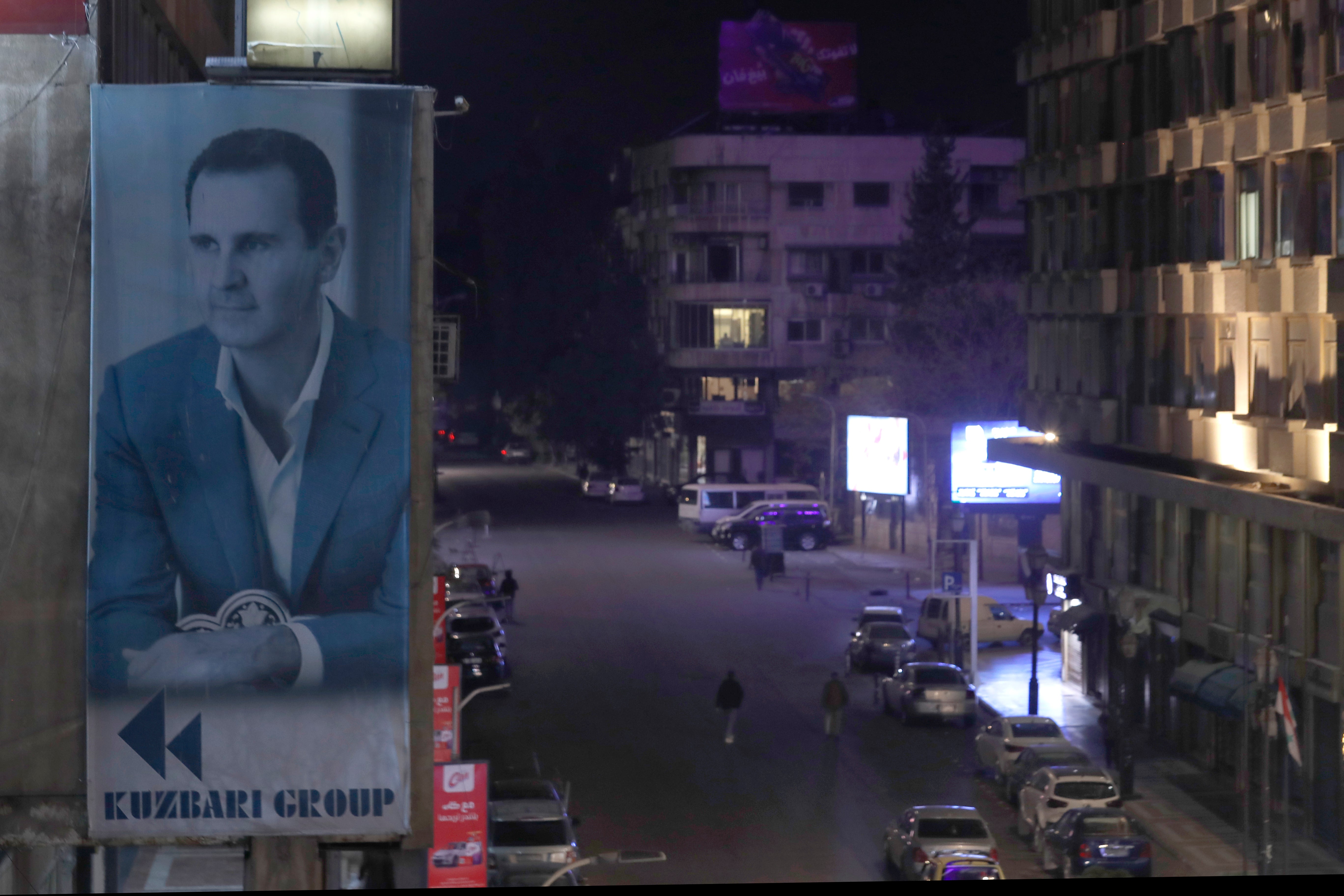Syrian rebels say they have entered Damascus as Assad regime crumbles
Less than two weeks after launching an offensive, rebels have entered the capital city and President Assad appears to have fled the country
Rebel fighters in Syria announced they entered the capital city of Damascus on Sunday, after seizing control of several other cities as part of a stunning offensive to topple the regime of president Bashar al-Assad.
Just before dawn, insurgents appeared to be entering the city, according to photos and videos posted on social media.
Officials told Reuters that Assad had left the country on a military plane in the early hours of Sunday, although his government initially denied such reports.
The prime minister, Mohammed Ghazi Jalali, appeared to confirm that the regime was over. He said he would meet with the rebels, adding that the government was ready to “extend its hand” to the opposition and hand over its functions to a transitional government.
The development is the latest in the offensive movement that Syrian rebels ignited less than two weeks ago in an attempt to challenge al-Assad’s rule, which has been a conflict since 2011.

Just hours earlier, rebels announced they had “fully liberated” the city of Homs – a major intersection point between Damascus and Syria’s coastal provinces of Latakia and Tartus, where al-Assad enjoys wide support and where his Russian allies have a naval base and airbase.
The rebels’ moves around Damascus came after the Syrian army withdrew from much of southern part of the country, leaving more areas, including several provincial capitals, under the control of opposition fighters.
The advances in the past week were by far the largest in recent years by opposition factions, led by a group that has its origins in al-Qaida and is considered a terrorist organization by the U.S. and the United Nations. In their push to overthrow Assad’s government, the insurgents, led by the Hayat Tahrir al-Sham group, or HTS, have met little resistance from the Syrian army.

The UN’s special envoy for Syria, Geir Pedersen, called on Saturday for urgent talks in Geneva to ensure an “orderly political transition.” Speaking to reporters at the annual Doha Forum in Qatar, he said the situation in Syria was changing by the minute. Russian Foreign Minister Sergey Lavrov, whose country is Assad’s chief international backer, said he feels “sorry for the Syrian people.”
In Damascus, people rushed to stock up on supplies. Thousands went to Syria’s border with Lebanon, trying to leave the country.
Rebels claimed they had also taken control of the notorious Saydnaya Military Prison which sits north of Damascus. The prison was the site of horrific torture and brutality which Amnesty International said was used “to degrade, punish and humiliate” prisoners. The insurgents claimed that had “liberated our prisoners” there.
Government forces were forced to withdraw from Damascus International Airport, the Syrian Observatory for Human Rights reported on Sunday. No flights appeared to be going in or out of the airport, according to FlightRadar24.
Many shops in the capital were shuttered, a resident told The Associated Press, and those still open ran out of staples such as sugar. Some were selling items at three times the normal price.
“The situation is very strange. We are not used to that,” the resident said, insisting on anonymity, fearing retributions.
Additional reporting by agencies
Join our commenting forum
Join thought-provoking conversations, follow other Independent readers and see their replies
Comments
Bookmark popover
Removed from bookmarks